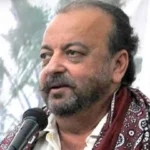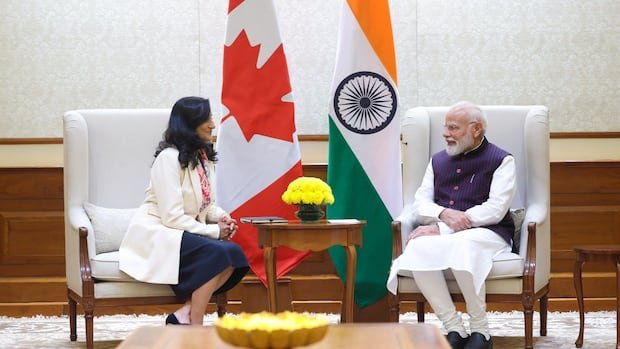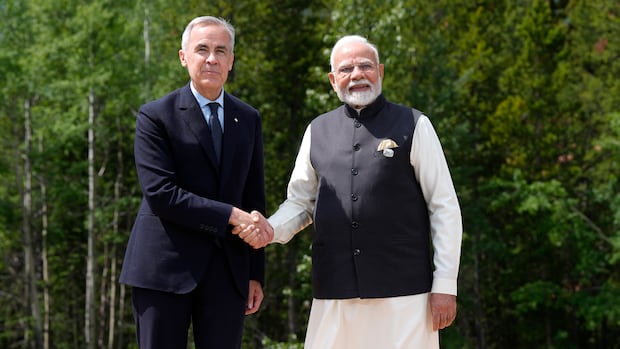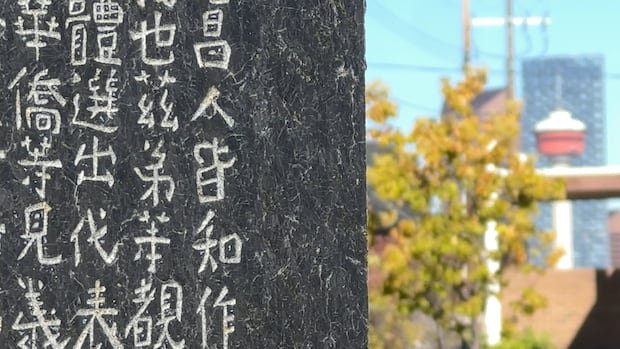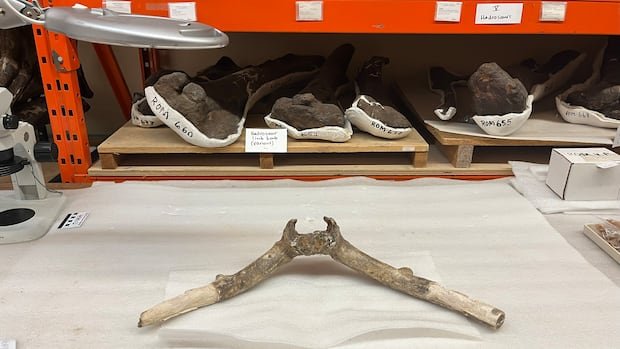Canada and India agreed on a series of measures to strengthen bilateral relations, two years after their diplomatic breakup over the assassination of a Canadian Sikh leader on their own territory.
Foreign Minister Anita Anand met Indian Prime Minister Narendra Modi and Indian Foreign Minister Subrahmanyam Jaishankar in New Delhi on Monday morning, where the two countries agreed on a new roadmap for Canada-India relations.
“The ministers recognized that in the context of current global economic uncertainty and rising geopolitical tensions, a strong and resilient bilateral relationship between India and Canada is essential,” a joint statement read.
As part of the agreement, the parties say ministerial-level discussions on bilateral trade and investment will soon begin.
Cooperation in agriculture, science and technology, civil nuclear collaboration, artificial intelligence, critical minerals and energy were also mentioned as priorities.
“Rekindling this partnership will not only create opportunities for greater economic cooperation, but will also help mitigate vulnerabilities arising from changing global alliances, ensure more reliable supply chains, and reinforce strategic stability in an increasingly complex international environment,” the joint statement reads.
Prime Minister Justin Trudeau says any involvement by a foreign government in the murder of a Canadian citizen on Canadian soil is “an unacceptable violation of our sovereignty.”
The joint partnership agreement is the latest in a series of steps both governments have taken to thaw a frosty relationship that began after former Prime Minister Justin Trudeau appeared in the House of Commons and accused the Indian government of involvement in the 2023 murder of Hardeep Singh Nijjar in Surrey, British Columbia.
Nijjar was a prominent local leader in Calistan’s movement promoting the creation of an independent Sikh state in India.
Trudeau, backed by security officials, alleged that Indian diplomats were collecting information on Canadians and passing it on to members of organized crime to target Canadians.
India has denied Canada’s allegations.
The accusations led both sides to expel each other’s diplomats.
Renewed ties
Since then, Prime Minister Mark Carney’s government has made efforts to renew ties with India. In September, Canada and India appointed new envoys.
Carney announced the move following his bilateral meeting with Modi at the G7 summit in Alberta.
In a news conference at the time, Carney said reinstating his top diplomats was a “necessary first step” but that there was much work to be done “in the context of respect for sovereignty.”
Canadian Foreign Minister Anita Anand has appointed Christopher Cooter as Canada’s new high commissioner to India. India has also appointed a new high commissioner to Canada.
The readout from Carney’s office during the G7 meeting said Canada had raised priorities such as “transnational crime and repression, security and rules-based order” with Modi.
A month after the high commissioners were reinstated, Anand confirmed that Indian law enforcement officials are actively engaging with Canada.
In an interview with CBC’s Rosemary Barton, Anand said representatives from the Canadian government were in India in late September “to ensure that we have that law enforcement dialogue process.”
Carney’s approach to India has received some criticism from the Sikh community.
In a statement on Monday, Canada’s World Sikh Organization (WSO) said it is “deeply concerned” that the Canada-India joint statement offered no guarantees about stopping foreign interference or transnational repression.
“Canadian Sikhs continue to face ongoing threats and criminal activities directed by India. Our government cannot pretend that everything is back to normal while transnational repression continues,” said WSO President Danish Singh.
“Today’s statement is not diplomacy; it is a failure to defend Canada’s sovereignty and rule of law. It is appeasement of the worst kind.”


